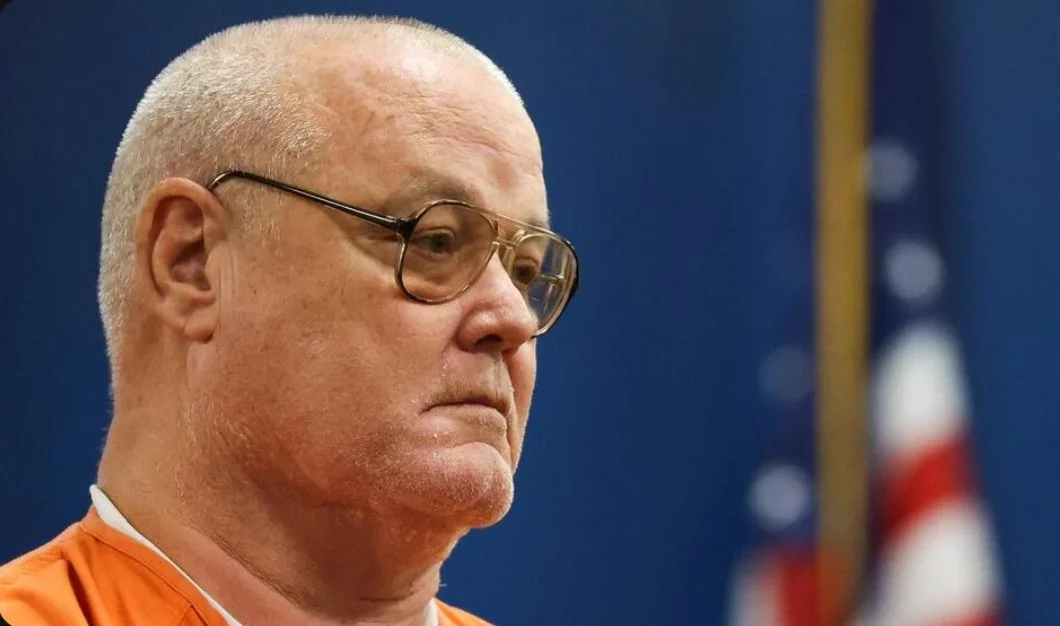After 46 Years, Convicted Killer of 4-Year-Old Vero Beach Girl to Be Freed
In 1979, tragedy struck Vero Beach, Florida. Four-year-old Angel Halstead was brutally killed, a crime that shook the quiet community and left a family devastated forever.
The killer was not an adult stranger, but a local teenager: 14-year-old Brooks John Bellay. He confessed to the crime and, in 1980, was sentenced to life in prison. For Angel’s loved ones, the punishment seemed fitting, a life behind bars for a life stolen far too soon.
But now, nearly half a century later, Bellay is set to walk free.
Why Is He Being Released?
Bellay’s release comes as a result of evolving laws around juvenile sentencing. In recent decades, U.S. courts, including the Supreme Court, have ruled that sentencing minors to life without parole can violate constitutional protections, since children are considered more capable of change and rehabilitation than adults.
During his 46 years in prison, Bellay reportedly maintained a spotless record. No disciplinary write-ups. Evidence of rehabilitation. Support from faith-based programs. A judge reviewing his case determined he no longer posed a danger to society.
The decision:
Bellay will enter a structured reentry program in Jacksonville.
He’ll be under GPS monitoring for 1 year.
He must serve 15 years of probation after release.
The Community’s Reaction
For Angel’s family and many in Vero Beach, the decision feels like a second wound. They’ve lived with the pain of losing a child for nearly five decades, and to them, justice meant Bellay would never step outside prison walls again.
Some have publicly voiced that the system is prioritizing Bellay’s rehabilitation over the memory of Angel’s short life.
Others argue the courts are simply applying today’s standards of juvenile justice, which emphasize second chances for crimes committed by children, no matter how horrific.
Bigger Questions Raised
The case forces us to grapple with uncomfortable questions:
Can someone who committed an unforgivable act as a teenager truly change?
Should rehabilitation outweigh punishment in cases involving juveniles?
What does justice look like, for the victim’s family, for the community, and for the offender?
Closing Thoughts
Brooks Bellay will leave prison as a 60-year-old man who has spent more than twice as long behind bars as he ever lived in freedom. Angel Halstead, the little girl whose life was cut short, never had that chance.
This case is not just about one man’s release, it’s about how our justice system balances accountability, mercy, and the hope of redemption.
And it’s about remembering Angel, whose name must never be forgotten.
